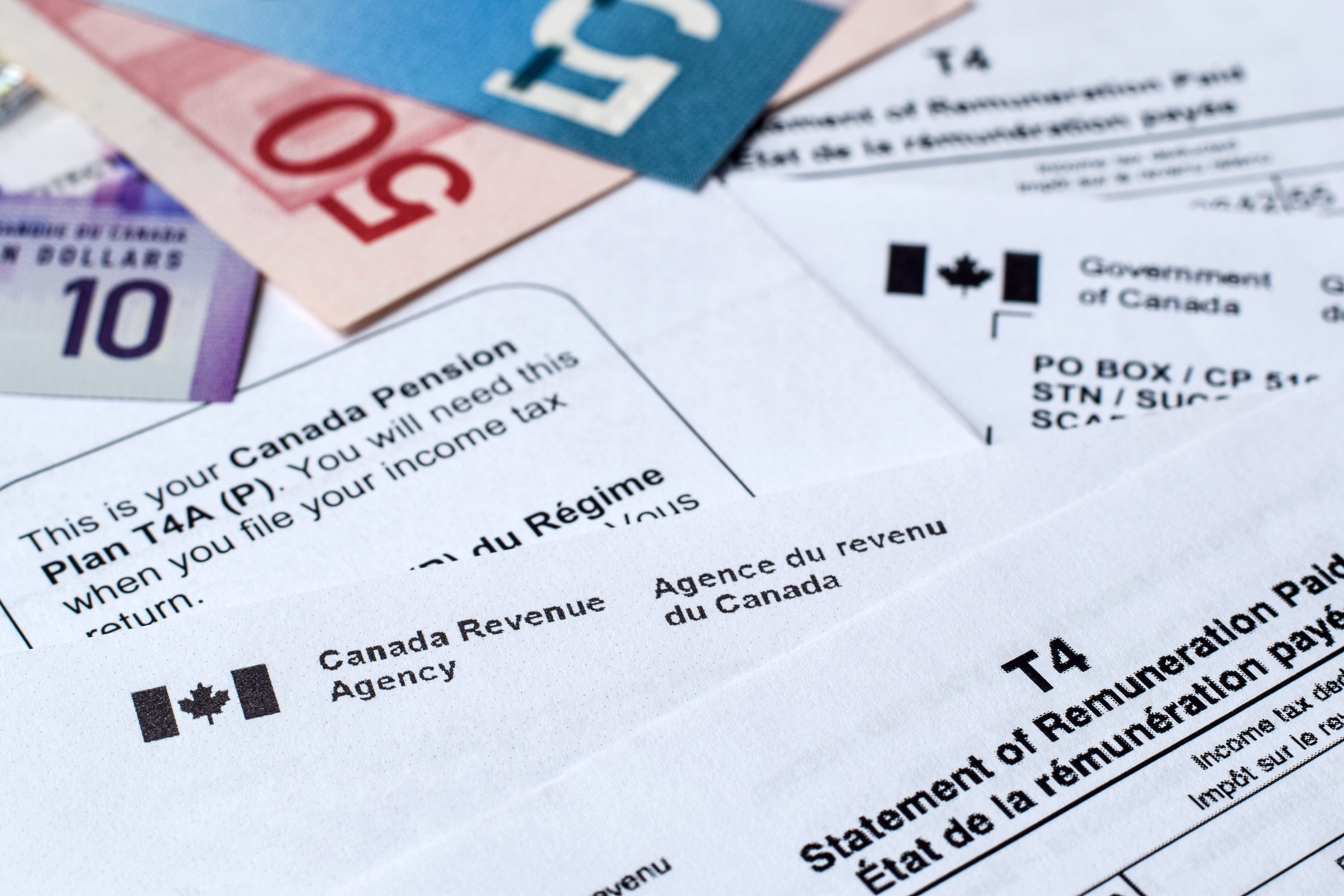Accounting & Assurance Services
Things Small Business Owners Should Consider Before Deciding On Bonus or Raise
December 7, 2023

Business is run by people and for people. And people need motivation. As a startup or small business owner, you may strive to attract the right talent and retain it to avoid going in circles of hiring and training. The best motivation for an employee is money, which shows the employer cares for them. As a business owner, you may want to appreciate your employees. But when it comes to monetary appreciation like a bonus or raise, you should look at your working capital before committing to employees.
Monetary compensation is necessary, and you can make it efficient through proper planning and consideration. This article will look at things you should consider when giving an employee a bonus or raise.
Know The Purpose
Every transaction has a purpose; understanding it can help you make transactions effective and efficient. A pay raise is generally a reward for longevity that you give almost all workers to retain them. Consider it a replacement for the money saved on training a new employee. A raise helps employees manage their budget and feel rewarded more than their new hires.
Unlike regular pay, a bonus is a one-off event given to all or a select few for achieving a performance milestone. A bonus can motivate employees to work harder.
Some of the most common scenarios where business owners consider a bonus:
- A seasonal production or sales incentive, like a bonus for the holiday season.
- A bonus during a sales promotion campaign for a new product.
- A company-wide employee bonus when the company achieves record sales or profits.
Many business owners consider giving a raise annually and on promotion. For instance, an office assistant gets a pay hike for working efficiently throughout the year.
However, that may not always be the rule. You may give a bonus instead of a raise depending on several factors.
How is a Bonus and a Raise Taxed?
The way payroll works, the Canada Revenue Agency (CRA) requires employers to deduct Canada Pension (CPP), Employment Insurance (EI) and income tax from the monthly pay. A pay raise will also increase employer contribution to CPP and EI.
In the case of a bonus, employers can make it tax-free by allocating that money to the employee’s Registered Retirement Savings Plan (RRSP). A pay rise will only add to taxes if the employee is already in a higher tax bracket. In such a scenario, you can consider giving a bonus and look for other ways to compensate them, such as employee stock options.
Nature of Small Business Cash Flows and Profits
Along with the employee’s perspective, business conditions should also be considered when determining a bonus or a raise. You could consider a pay rise if your business generates steady profits and cash flows. But if your business is seasonal and has volatile profits, the bonus is a better option.
When the company performs well and earns good profits and cash flows, it can absorb the one-time cost of a bonus instead of the recurring cost of a pay rise. And if the company is not doing so well, it can pause the bonus, save costs, and prevent the company from layoffs.
How to Determine the Amount of a Bonus and a Raise
Once you have considered the above factors, it is time to decide the amount of a bonus or raise. An efficient way is setting a percentage range from the previous payment. You can give a raise depending on how you pay the employee: weekly, monthly, or hourly.
Suppose X determines a pay hike of 10% for all employees. On a monthly salary of $4,000, X will give a hike of $400, increasing the pay to $4,400.
Similarly, you can determine the bonus as a percentage of the sales target or set a fixed amount. Bonus will only trigger on achieving the milestone (like a sales target).
Understanding the Financial Impact on The Company
Putting all the pieces together, a small business owner has to crunch numbers to determine how much a bonus or a raise will cost. This part is important as payroll is one of the biggest expenses for some businesses. Giving generous raises and being unable to sustain them could give the company a bad name.
Hence, when determining the bonus/raise amount, consider doing a cash flow and profit analysis to understand its impact on your profit margin. You can take the past few years of income and cash flow statements, add the pay hike amount, and see its impact on profit. Does your business have enough cash flow to sustain that expense even in a downturn?
You can also apply potential cash flow scenarios and determine if you should give a bonus or a raise. And even with a bonus, you can plug in various revenue scenarios of seasonal sales, new product sales, and the cash flow earned to determine a bonus amount that’s a win-win for you and the employee.
Bonuses and raises are important for a healthy work environment. It can retain the right talent and help you avoid layoffs if done at the right time. If neither of the options is workable at present, you can consider alternatives like profit-sharing plans, stock options, extra vacation days or fewer working hours.
Contact DDL & Co. in the Niagara Region to Help You with Employee Compensation Planning
A professional accountant can guide you through this crucial decision by crunching numbers and laying down the best workable options for your business. To learn how DDL & Co. in St. Catharines can provide you with your employee compensation and payroll planning, contact us online or by telephone at 905-680-8669.



